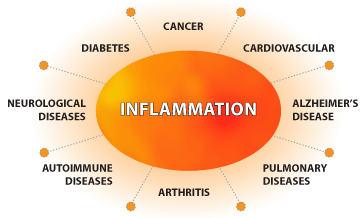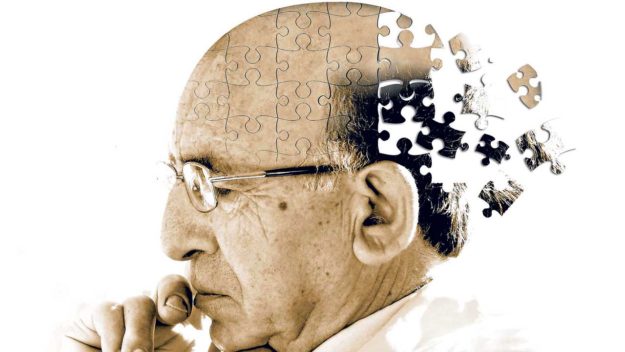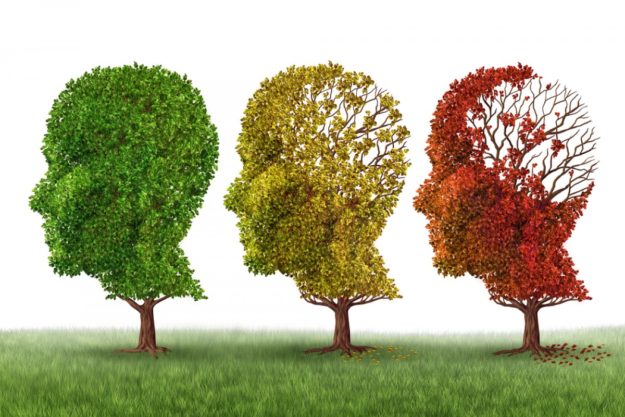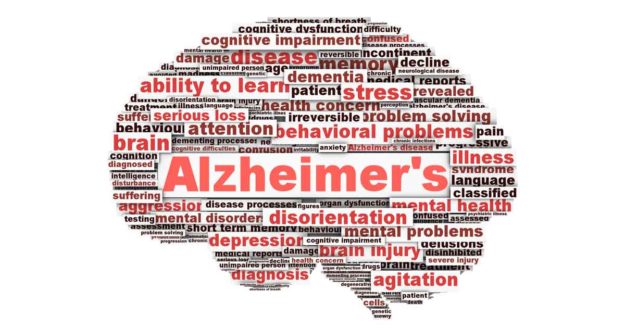Here’s How To Sleep Better With Alzheimer’s
Not getting enough sleep can adversely contribute to dementia and raises the risk of Alzheimer’s onset. Getting a healthy amount of sleep every night will heal and help the brain. If you want to help prevent and treat dementia and Alzheimer’s, then follow these tips to get a better night’s sleep.
A Good’s Night Sleep Can Help Prevent and Treat Alzheimer’s
There are several options to assist you in getting enough sleep each night. Here are some things you should try:
Sleeping Tips
- Create a consistent sleep schedule. Go to bed and wake up at the same time every day, don’t sleep in on the weekends. Taking naps throughout the day could delay your sleep schedule.
- Follow a bedtime routine. 30-60 minutes before going to bed every night, do the same routine, so your body will realize it’s time for bed. Great options are reading a book, listening to soft music, or soaking in a warm bath. Try to avoid electronics as they stimulate the brain.
- Your bedroom should block out light and should be at a comfortable temperature, not too hot or cold, and adequate blankets to aid comfort.
- A comfortable mattress will prove invaluable as well as pillows and blankets so make sure you invest in them.
- Exercise daily but make an effort to do so earlier in the day, not before bedtime.
- Getting outside to absorb sunlight each day; if you live in a rainy state make sure you are taking a Vitamin D supplement.
- Make sure not to each too much before bedtime. A light snack in the evening will help you sleep, but large meals could keep you up.
- Avoid caffeine in the evening. Caffeine is a stimulant which will likely keep you awake.
- Avoid drinking a lot of liquid at night. Waking up to use the restroom and flicking on a bright light will interrupt your sleep.
- Alcohol won’t help you sleep; even small drinks result in a harder time staying asleep.
- Use your bed only for sleeping. If you’re not asleep within 15 minutes from turning off the lights, then get out of bed and return when you feel sleepy.
How to Feel Safe While Sleeping
Create a safe and peaceful environment to sleep in. Verify that there are smoke alarms on every floor and lock the house doors before going to bed. Here are some other things you can do to make each night’s sleep safer:
- Have a cell phone or telephone with emergency phone numbers written down next to your bed.
- Have a good lamp that turns on easily and within reach.
- Have a glass of water next to your bed in case you wake up thirsty.
- Use nightlights in the bathroom and hall to avoid having to turn on the bright lights which will likely interrupt your sleep.
- Avoid smoking, particularly in the bedroom.
- Remove obstacles, so you don’t trip if you have to get up in the middle of the night.
- Don’t fall asleep with a heating pad on; you could potentially burn yourself.
Alzheimer’s Affects More Than Just The Patient
Alzheimer’s and dementia can often alter an individual’s sleeping pattern. Some people with Alzheimer’s sleep way too much while others don’t get enough sleep each night. Some people wake up several times during the night, others my sleepwalk, and some may yell in their sleep. The person who has Alzheimer’s disease isn’t the only person who loses sleep; caregivers and neighbors may have difficulty sleeping. As a result, they are tired and inefficient the next day.
If you are a caregiver for someone suffering from Alzheimer’s, there are some things you can do to protect your sleep habits:
- Put a gate across the stairs.
- Verify the floor is clear of obstacles.
- Lock up the medicine cabinet.
- Install support bars in the bathroom.
- Purchase a portal toilet in the patient’s bedroom.
Catch Some Z’s
Hopefully, you are interested in implementing some of the tips listed above to help you fall and remain asleep. Counting sheep is a fun visualization but counting slowly to 100 usually does the trick. Body relaxation is certainly one of the most helpful things a person can do to help fall asleep.
If you are constantly drowsy and find yourself incapable of completing usual tasks after 2-3 weeks, see a doctor. Sleep problems can result in your feeling tired, grumpy, and stressed but utilizing sleep aids can help get a better night’s rest.
Read the full article at: www.alzheimersweekly.com
Most from this category

Another Study Reveals Inflammation Accelerates Progression of Alzheimer’s Disease
alzheimershelp - December 21, 2017
Protecting Neurons Could Prevent Depression and Cognitive Deterioration Caused by Alzheimer’s
alzheimershelp - November 8, 2017




















